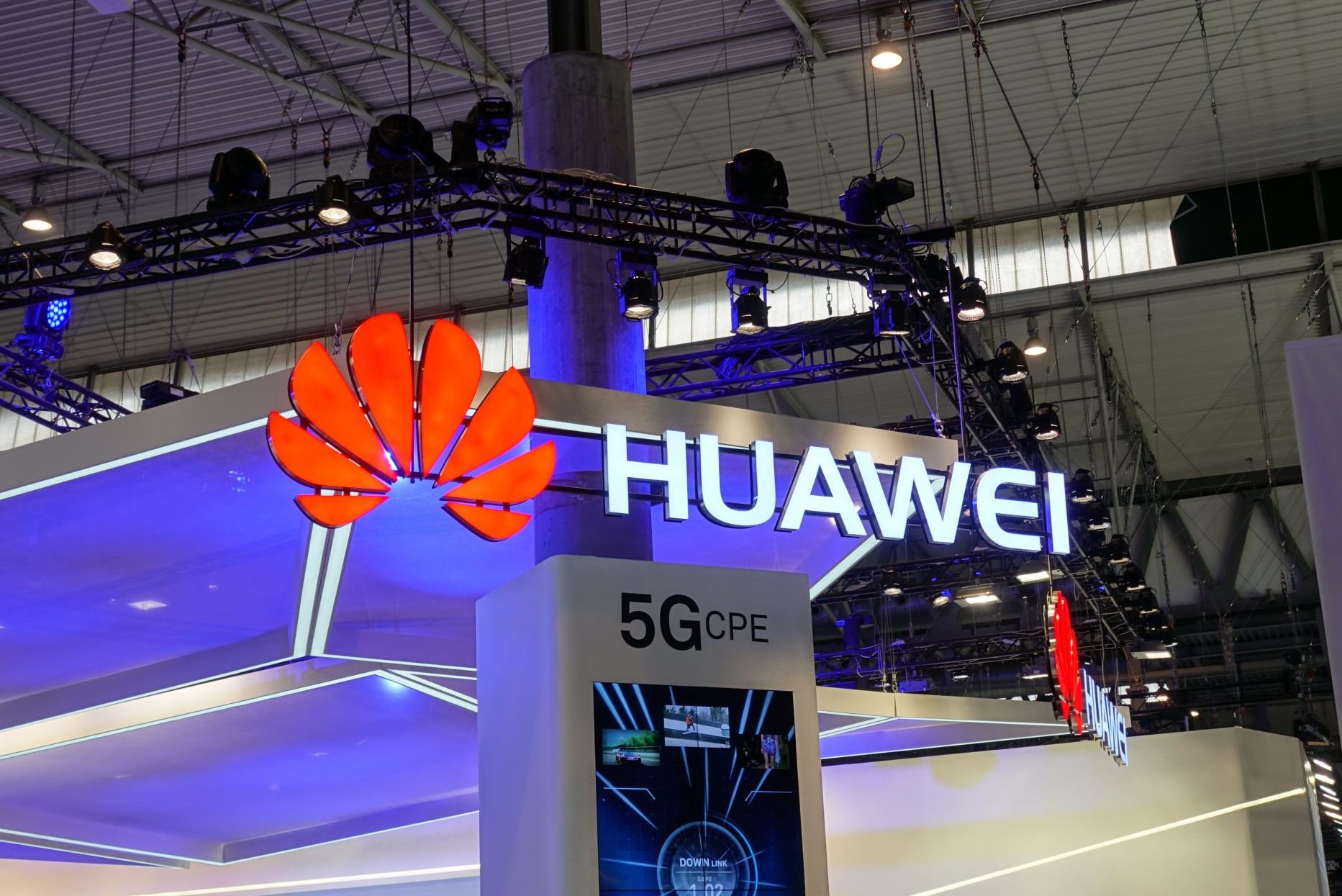In breaking news from the US today, the US Commerce Department has added Huawei Technologies Co Ltd (and 70 of its affiliates) to the Department’s “Entity List”, a move which bans the Chinese telecom giant from buying parts and components from U.S. companies without U.S. companies without special dispensation from the US Government.
US officials commented to Reuters that the decision would make it all but impossible for Huawei to sell some products, because of the reliance on US suppliers.
This afternoon, a Huawei Australia spokesperson had this to say of the moves in the US:
“Huawei is the unparalleled leader in 5G. We are ready and willing to engage with the US government and come up with effective measures to ensure product security.
Restricting Huawei from doing business in the US will not make the US more secure or stronger; instead, this will only serve to limit the US to inferior yet more expensive alternatives, leaving the US lagging behind in 5G deployment, and eventually harming the interests of US companies and consumers.
In addition, unreasonable restrictions will infringe upon Huawei’s rights and raise other serious legal issues.”
Putting aside questions over actual componentry, one of the biggest impacts of this move could be cutting Huawei off from Android. While much of Android is open source – and thus probably not caught up by this ban because it is not “bought” – there are key components which are subject to licensing arrangements, including access to Google’s proprietary services which – arguably – make Android phones what they are.
Huawei lands on the Commerce Department entity list pic.twitter.com/MLWrUn91BA
— John Hendel (@JohnHendel) May 15, 2019
The move coincides with a move by US President Donald Trump to issue an executive order carrying out his early threat to ban the use of Huawei carrier equipment in the US.
Android Police has taken a look at the impact of the executive order (and DOC Entity listing) and concludes that the Entity listing may hurt Huawei’s smartphone production – the iFixit Teardown of the Huawei P30 Pro showed a number of US-made components which, going forward, may be unavailable to the company.



